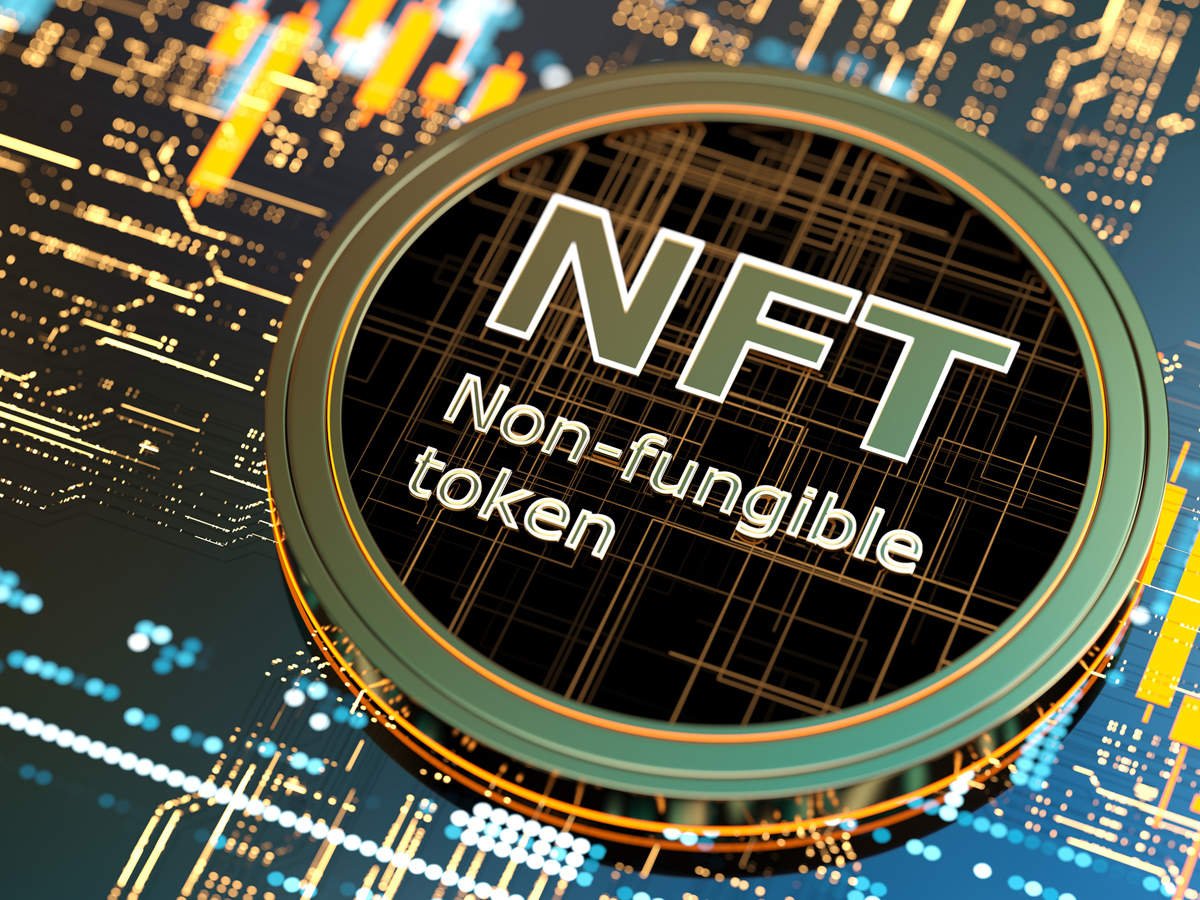
An NFT is a “token” or digital asset representing a piece of content stored on a blockchain, like music, art, or collectibles. In contrast to cryptocurrencies, these tokens are referred to as “non-fungible” since they are one-of-a-kind and cannot be changed for ones of a different kind.
The efficacy of these tokens as a trustworthy method of identifying original work in a digital world where anybody can create, share, download, and recreate digital content depends on their immutability. A token is, to put it simply, a string of numbers and letters that can stand in for either a real or virtual entity.
Since tokens are kept on a blockchain (a distributed ledger), which provides an immutable, time-stamped record of transactions, any transfer of NFTs to other blockchain users results in a permanent record of the transaction.
Smart contracts, a type of computer code that enables automated fund and NFT transfers from one digital wallet to another, are used to carry out NFT transactions. Additionally, producers of the underlying material may be paid commissions (or royalties) based on future sales using a smart contract code.
With the arrival of television sets in the 1950s or streaming services in the twenty-first century, the entertainment industry has a history of being quick to adapt to technological changes and makes use of these developments to keep audiences interested.
Therefore, it seems sensible that the industry would embrace a technology that could change the game, such as NFTs. The opportunities that this creates are actually amazing. The entertainment sector has operated in secrecy from its inception, prohibiting interference from third parties.
The opportunities for aspiring artists looking to get into the industry were severely restricted by this rigid way of doing business. The entertainment industry is now accepting a wider range of artists, producers, and customers thanks to the NFT integration, though.
While there are new ways for producers and creators to commercialize and fund their work, fans now have a method to actively participate in the happenings in the business, not just to support movies but also to profit from their success. This mutually beneficial relationship between viewers and creators has the potential to change the face of international entertainment in the years to come.
FUEL is an NFT platform that was founded by Thanh Binh and Csongor Barasi. Thanh asserts that “NFTs are revolutionizing the music, arts, and entertainment industries, providing materially additional value and strengthening the bond between artists and their fans.” In 2021, FUEL was established with the purpose of popularizing NFTs.
This will considerably improve their reach to the millions of authors and readers who are interested in them. FUEL now has total access to the entertainment and music industries thanks to its new backers. After the outbreak caused a halt to live music performances, musicians entered NFTs to increase revenue sources.
They also allowed fans to buy a super token, which gave them access to VIP seats at concerts. NFTs enable artists to avoid the costs of middlemen in addition to authenticity and traceability, potentially eliminating the issue of musicians seeking to make a living from their work.
Some people believe that this idea could help musicians who have smaller but devoted fan bases and earn minimal pay from streaming platforms by generating income. After the outbreak caused a halt to live music performances, musicians entered NFTs to diversify their income sources. They also allowed fans to buy a super token, which gave them access to VIP seats at concerts. In addition to integrity and traceability.
NFTs give artists the opportunity to eliminate intermediary fees, potentially resolving the problem of musicians trying to support themselves through their art. However, some view this invention as a chance to increase income for musicians who only have a small but devoted fan base and receive meager compensation from streaming platforms.
Undoubtedly, NFTs are generating a lot of interest as a potential “investment” opportunity because of their capacity to generate new revenue streams for content owners or creators. As a result, they have already been implemented in a wide range of industries. However, caution is urged when considering entering the NFT field because of the numerous legal and practical difficulties, notably in relation to legal enforceability, ownership, and intellectual property rights.

